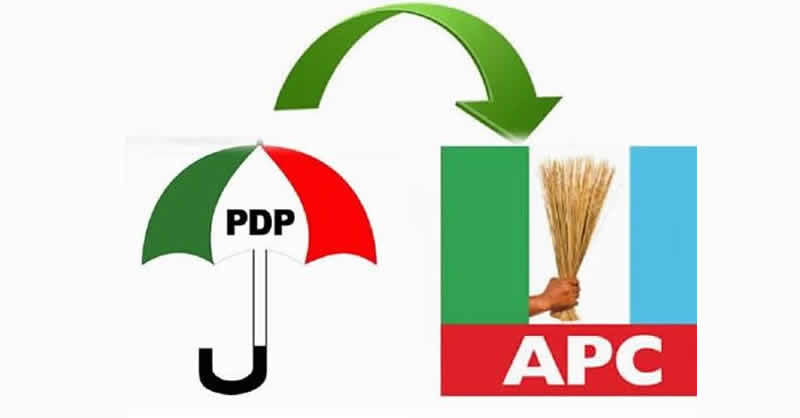Paragraph 1: The Defection of Kebbi Senators to APC
On Tuesday, May 13, 2025, a significant political shift occurred in Nigeria’s political landscape as three senators from Kebbi State, all members of the Peoples Democratic Party (PDP), announced their defection to the ruling All Progressives Congress (APC). This move, which took place during plenary, was officially communicated through letters read by the Deputy Senate President, Jibrin Barau. The senators involved in this defection were Adamu Aliero representing Kebbi Central, Yahaya Abdullahi representing Kebbi North, and Garba Maidoki representing Kebbi South. This event has the potential to reshape the political dynamics within Kebbi State and possibly influence the balance of power at the national level. Further analysis is required to understand the full ramifications of this political realignment.
Paragraph 2: Potential Motivations and Implications
The motivations behind the senators’ defection are likely multifaceted and warrant further investigation. Possible factors include political maneuvering for personal gain, ideological shifts, perceived opportunities within the ruling party, internal conflicts within the PDP, or a combination of these elements. The implications of this defection are potentially far-reaching. It could signify a weakening of the opposition PDP in Kebbi State, strengthening the APC’s hold on the region. Furthermore, it could affect the balance of power in the Senate, impacting legislative processes and potentially influencing policy decisions.
Paragraph 3: The Political Landscape in Kebbi State
Kebbi State has historically been a politically competitive region, with both the PDP and APC vying for dominance. This defection could significantly alter the political landscape in the state, potentially leading to a more dominant APC presence. It also raises questions about the future of the PDP in Kebbi and the party’s ability to regain ground. The impact on upcoming elections in the state will be a key area to observe, as the shift in party allegiance may influence voter behavior and electoral outcomes.
Paragraph 4: National Implications and Future Political Alignments
At the national level, this defection, while involving only three senators, could contribute to a larger trend of political realignment and may signal shifts in party loyalty. It warrants closer examination of the broader political climate in Nigeria and whether this event is an isolated incident or part of a wider pattern. The stability of party affiliations and the potential for future defections in other states are important factors to consider.
Paragraph 5: Analysis of the Role of the APC and PDP
The APC’s ability to attract these senators may indicate the party’s perceived strength and influence, while also raising questions about its strategies for consolidating power. For the PDP, this defection represents a setback and necessitates a thorough analysis of its internal dynamics and strategies for retaining and attracting members. The responses of both parties to this event will be crucial in shaping the ongoing political narrative.
Paragraph 6: Media Coverage and Public Perception
The media’s coverage of this event, including the initial report by the News Agency of Nigeria (NAN), will play a significant role in shaping public perception. Further reporting and analysis are needed to explore the various perspectives on this defection and its potential consequences. Understanding public reaction and the long-term impact on the political landscape will require ongoing observation and critical analysis. Furthermore, any commentary or statements from the senators themselves, the political parties involved, and other key political figures will contribute to a more complete understanding of this significant political development.














